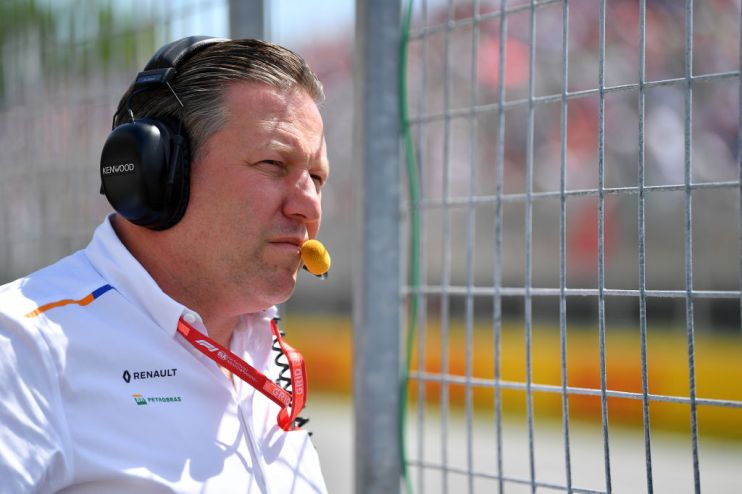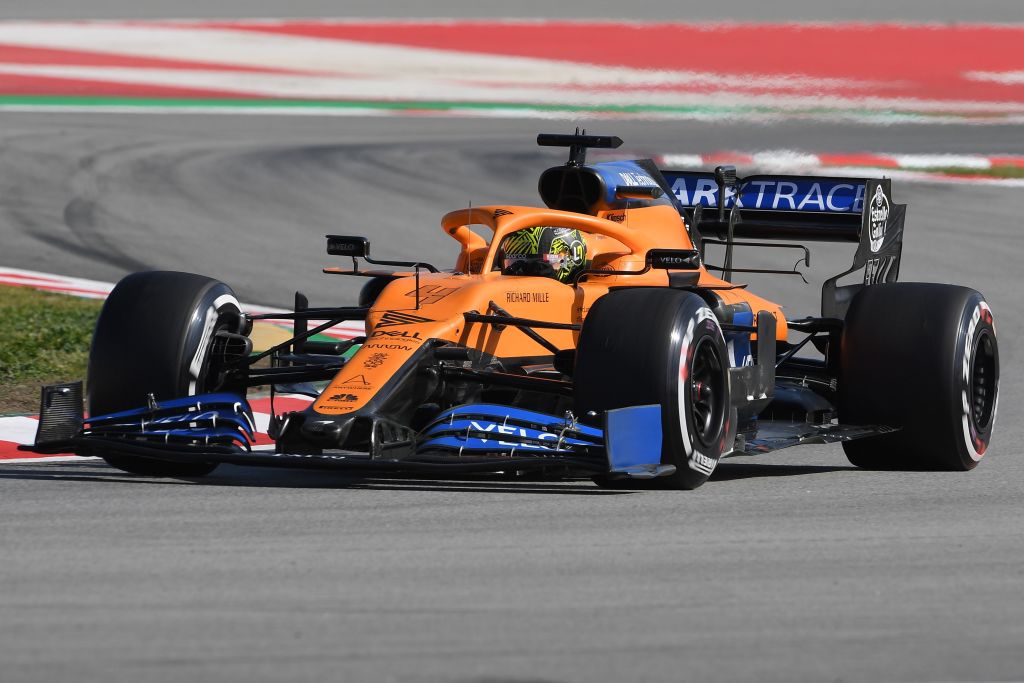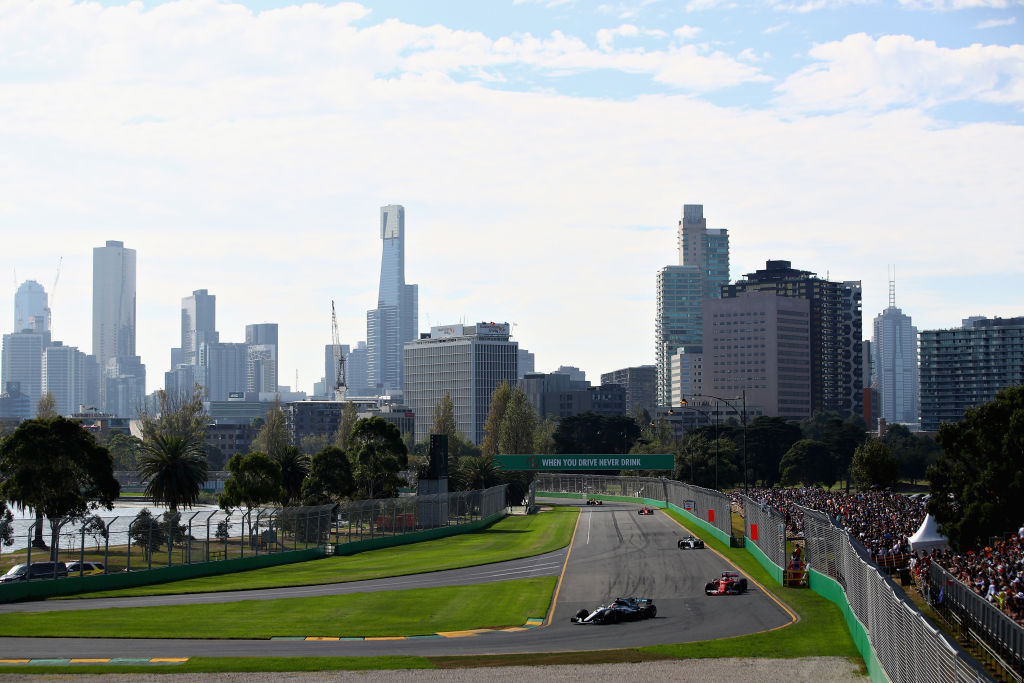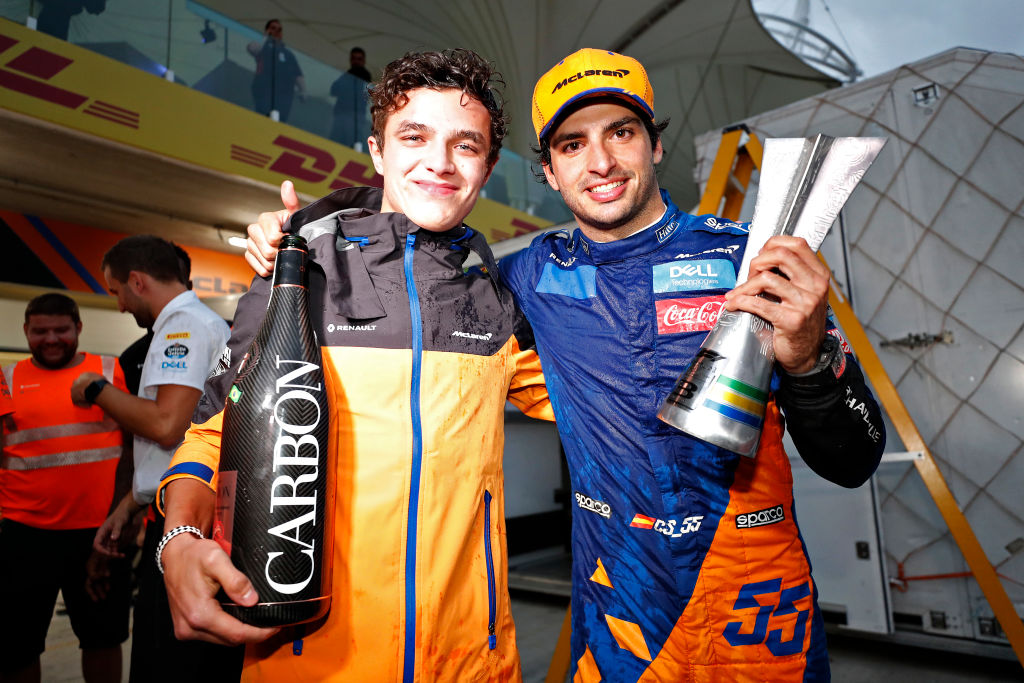The new Formula One season is almost upon us but McLaren chief Zak Brown has one eye on 2021

Last year’s fourth-placed finish in the Formula One constructor’s championship saw McLaren end one of the most turbulent decades in the team’s history on a high.
While it was a huge step forward – climbing from ninth and sixth in the previous two seasons – maintaining that trajectory this year looks all but inconceivable.
Mercedes, Red Bull and Ferrari are expected to continue their domination and, as a result, the Woking-based outfit already have one eye on 2021 when the sport’s new regulations are set to take effect, according to chief executive Zak Brown.
“I’m very happy with last season, I think fourth was all we could have hoped for. Now we need to do it again,” Brown tells City A.M.
“Closing the gap to the top three is going to be difficult, we aren’t going to take the same step forward again. We are balancing trying to do the best we can in 2020 while trying to be very prepared for 2021.”
The majority of next year’s regulation changes are aimed at creating more competitive racing, particularly the implementation of a $175m per year cost cap, which is designed to help teams with smaller budgets compete against the current frontrunners and the sport’s big spenders.

Cost cap
However, Brown, who is targeting McLaren’s return to the front of the grid in the new era, is sceptical about when the cap will really start to bite.
“I would have liked it to be lower and sooner, but at least we have one,” he says. “We want to take another big step forward, but I don’t want to bet all the chips on 2021. The cost cap, which I think will really start to level the playing field, won’t start having an impact until 2022-23, because people are spending now for 2021.”
Improving the competitiveness of a sport that has seen the same team – Lewis Hamilton’s Mercedes – win for seven successive years is just one way F1 owner Liberty Media is trying to broaden its appeal.
Expanding race calendar
Liberty is also intent on expanding the race calendar to new markets and the new regulations will allow for up to 25 races in the calendar, four more than the current agreement.
An exception was made for this season, which is due to start in Australia next week, to increase it to 22 races, although some of those are under threat from the coronavirus outbreak.

For Brown, racing 25 weekends of the year is “too much for the people in the current system”.
“I personally would be a fan of alternating races. If a country wants to have a grand prix, that’s good for racing, but should you go to 24/25 or should you stay at 21/22 and rotate markets? That would keep demand up,” he argues.
“The Olympics is every four years, so if you have a grand prix every two years in some key markets, I think that works. It gives us calendar expansion without breaking the work demands that go into 24/25 races. But ultimately we will support whatever direction it goes in.”
Integral to McLaren’s hopes of moving up the grid in 2021 will be how well the new senior team gels.
McLaren’s continuity
Team principal Andreas Seidl and technical director James Key joined last year and racing director Andrea Stella and production director Piers Thynne were promoted from within by Seidl to complete a three-pronged management structure underneath him.
While this will be their first season working together, there is continuity in the drivers’ line-up in Carlos Sainz Jr and Lando Norris, who, following successful debut campaigns, were hailed by Brown as “a risk that paid off”.

“It was the first time we haven’t had a world champion in our car for as long as I can remember, the first time we’ve had two new drivers that I can remember,” the 48-year-old says.
“I give Carlos and Lando a lot of credit for the uplift in our performance, not just on the track, but team morale off it too.”
Sainz claimed McLaren’s first podium finish in five years, but despite making “quite a few changes” to this year’s car, McLaren are only looking to make “incremental gains” and stay ahead of the chasing pack, with Brown citing pit-stops and reliability as key areas for improvement.
“We’re just getting started,” Brown says. “I’ve got the resources we need, but it’s going to take time for the team to work together. It’s one of the reasons Mercedes are so strong. They are not only great individuals but they operate really well as a team and that just takes time.”
The success of last year has put a limit on how much improvement McLaren can make this season, but it will be crucial not to let momentum slip ahead of a new era in which the British manufacturer is eyeing a return to the front.